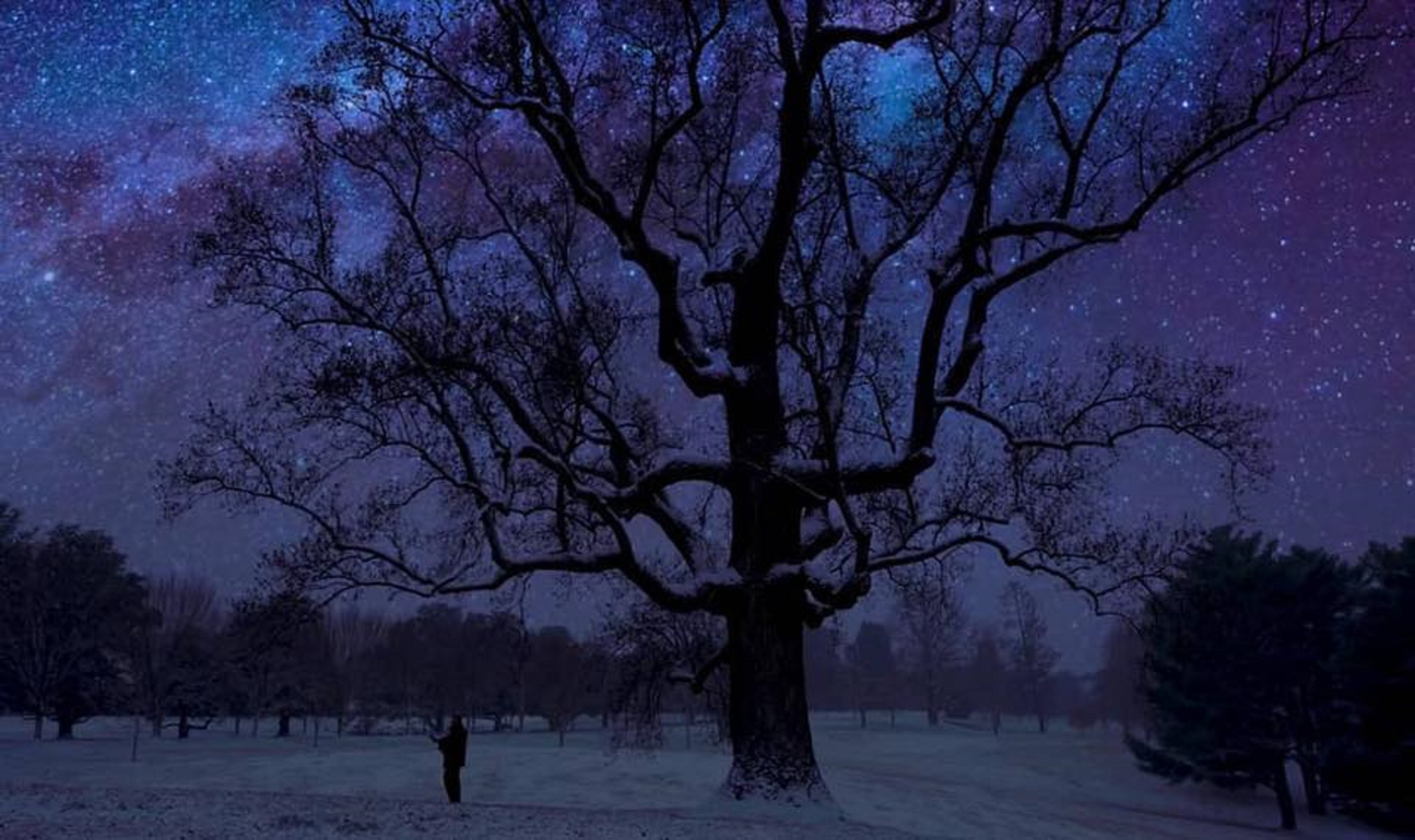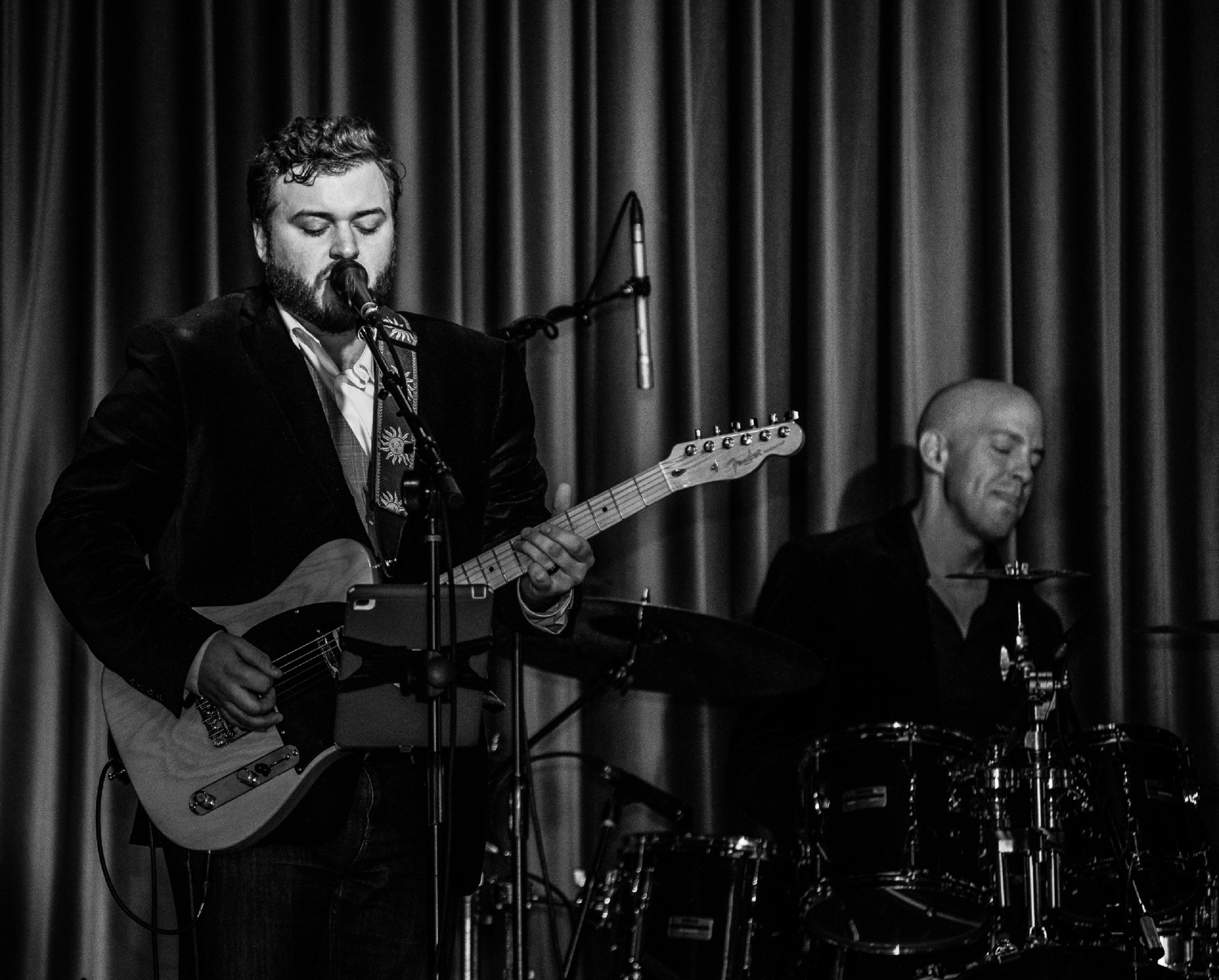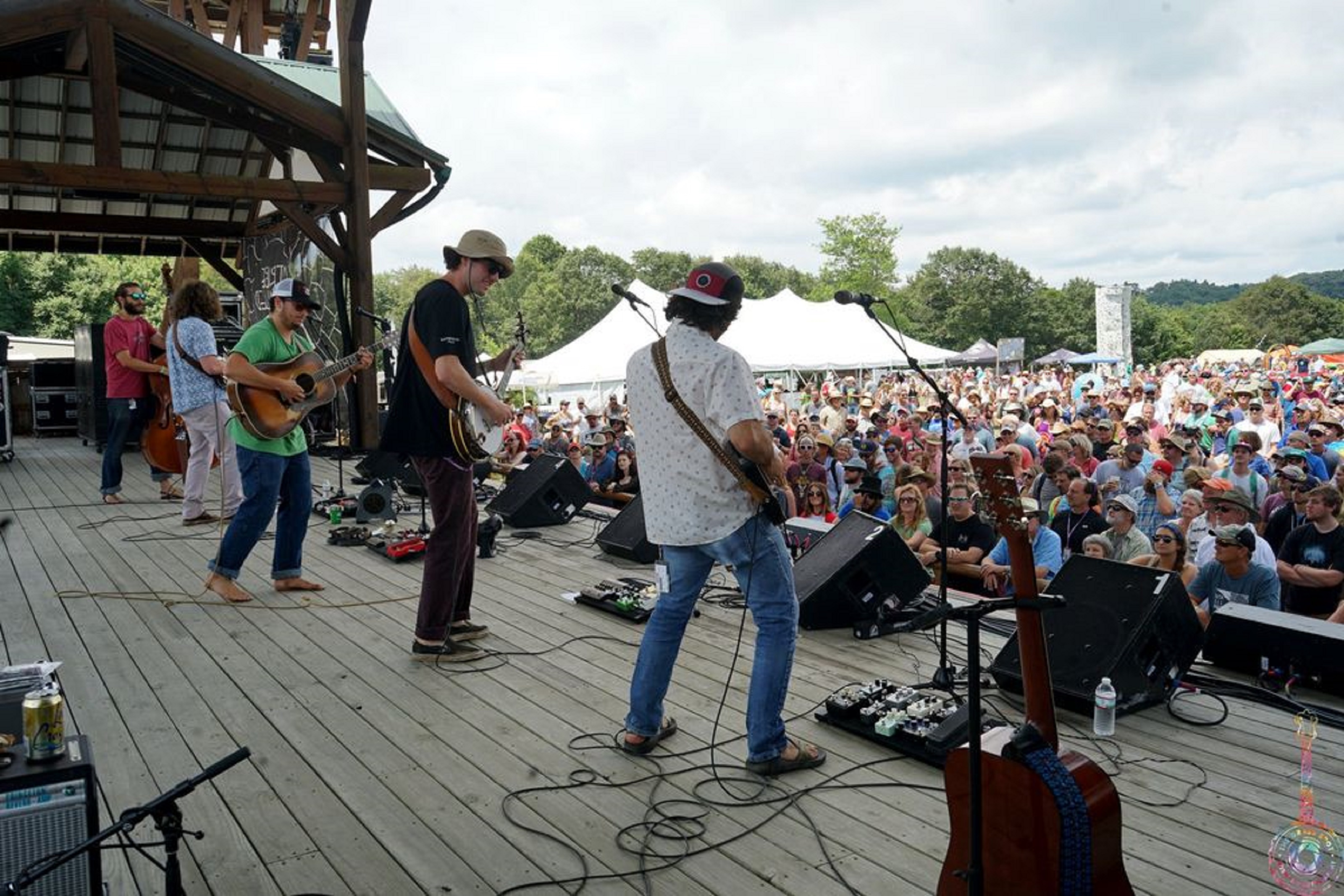Life comes with a fair share of regrets. Even a life well-lived brings hints of remorse and the feeling that if there was a way to do certain things over, then the choice would be to do it differently and avoid mistakes made in the past.
Naturally, that’s not possible. There’s no time machine that can transport us back in time and repair the mistakes and bad judgement that haunt us later on. Instead, we’re forced to live with present circumstance and somehow reconcile any missteps whatever way we can.
Richmond, Virginia singer/songwriter Jonathan Facka addresses the displacement and disappointment of one of the greatest heartaches of all -- that of lost love -- in a new video for his song “The Tree,” a track from his debut album Streetlight in the Woods, which he composed with additional contributions by Elliot Johnson, Anthony Farris and Dylan Johnson.
The video, directed and edited by Forrest Mason, will be officially released on May 16th, “Love a Tree Day." The plaintive-yet-passionate story the song inspired is set in a bleak and snowy landscape. It conveys a tale about two people who failed to connect early on because they denied their feelings and submerged them due to lack of mutual awareness. The remorse it conveys is both painful and palatable.
“You disappeared a long time ago,” the narrator sings.
“Life has a funny way of taking us down a certain road.”
Later, that sadness turns somber:
“And there you were,
Lying cold as ice,
I guess I never knew how you truly felt for me...”
The song is a serene and sublime metaphor for how people often unintentionally take separate paths in life, only to wonder why they chose to diverge later on. It questions what could have been, if only one person or the other had chosen to explore certain feelings that were repeatedly denied. The singer is forced to acknowledge that sadly, it’s too late to change what transpired.
As the song says, “There’s no such thing as time machines.”
“This song was designed to take the mind on a journey and paint the image of a fantasy world,” Facka has said of the song. “It’s symbolized by a tree that both of the individuals gravitated to in their youth. It represents missed opportunity, and also the fact that any chance of rekindling the relationship is dead, even if the idea is not forgotten.”
Ironically, “The Tree” was the last addition to the album overall. It was, Facka insists, the final piece of a puzzle. “I don’t know where this song came from exactly, but it helped me decide what direction I want to go in moving forward,” he reflects. “It echoes my desire to focus on imagery and storytelling.” Operating in a melancholy alt-folk noir, Facka’s sound reflects the influence of current and contemporary singer/songwriters such as Gregory Alan Isakov, Passenger and Tallest Man on Earth.
Written in September 2017, the song took Facka three months to complete. He was joined on the session by Johnson, his cowriter, and singer Thalia Tymowski. “She was a perfect fit for the song,” he recalls. “I couldn’t imagine what this song would have become without her.”
Facka, a former stand-up comedian, originally integrated his songs into his stand-up routines as part of the process to make people laugh. Yet tragedy informs much of his music, having suffered the loss of his father at age 22 and several other unfortunate incidents along the way. As a result, music has become a salvation of sorts. “You can say things in lyrics that are best left unspoken in everyday life,” he maintains. “Authenticity is important, best shared by those that live the scenarios they sing about.”
Facka began performing his music at an open mic night in 2016, but, in fact, he’s been making music for the past 15 years. Classically-trained, he played clarinet in Virginia’s number one high-school honors band in an all-state competition. He later took up guitar because, he says, “clarinet doesn’t attract the chicks.” In short order, he attracted more than the opposite sex. He wrote his first song ten years ago, and now, with “The Tree,” he recently accumulated over a thousand plays on Spotify.
Ultimately, Facka’s journey of discovery has paid off. “I started writing songs for myself,” he reflects. “I wrote songs to cope with traumatic events that occurred in my late teens and early twenties. I was fortunate that I eventually found the courage I needed to share them with people.”
We, his listeners, are fortunate as well.










